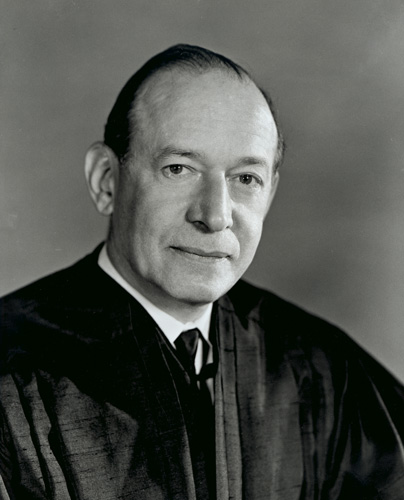Adding on to the latest news about ”Justice” Thomas… the Federalist Society is blight upon the legal profession, and you literally can’t have a “moderate” court with a Republican president nominating justices in the 21st century, and considering Thomas comes from H. W. Bush, then even then it was too late.
Dude literally went “I don’t think I can remain on the court on my low salary” (making over $300K/yr), and then Republican politicians put him in contact with billionaires who lavished him in gifts.
Dude literally went “I don’t think I can remain on the court on my low salary” (making over $300K/yr), and then Republican politicians put him in contact with billionaires who lavished him in gifts.
Last edited:
